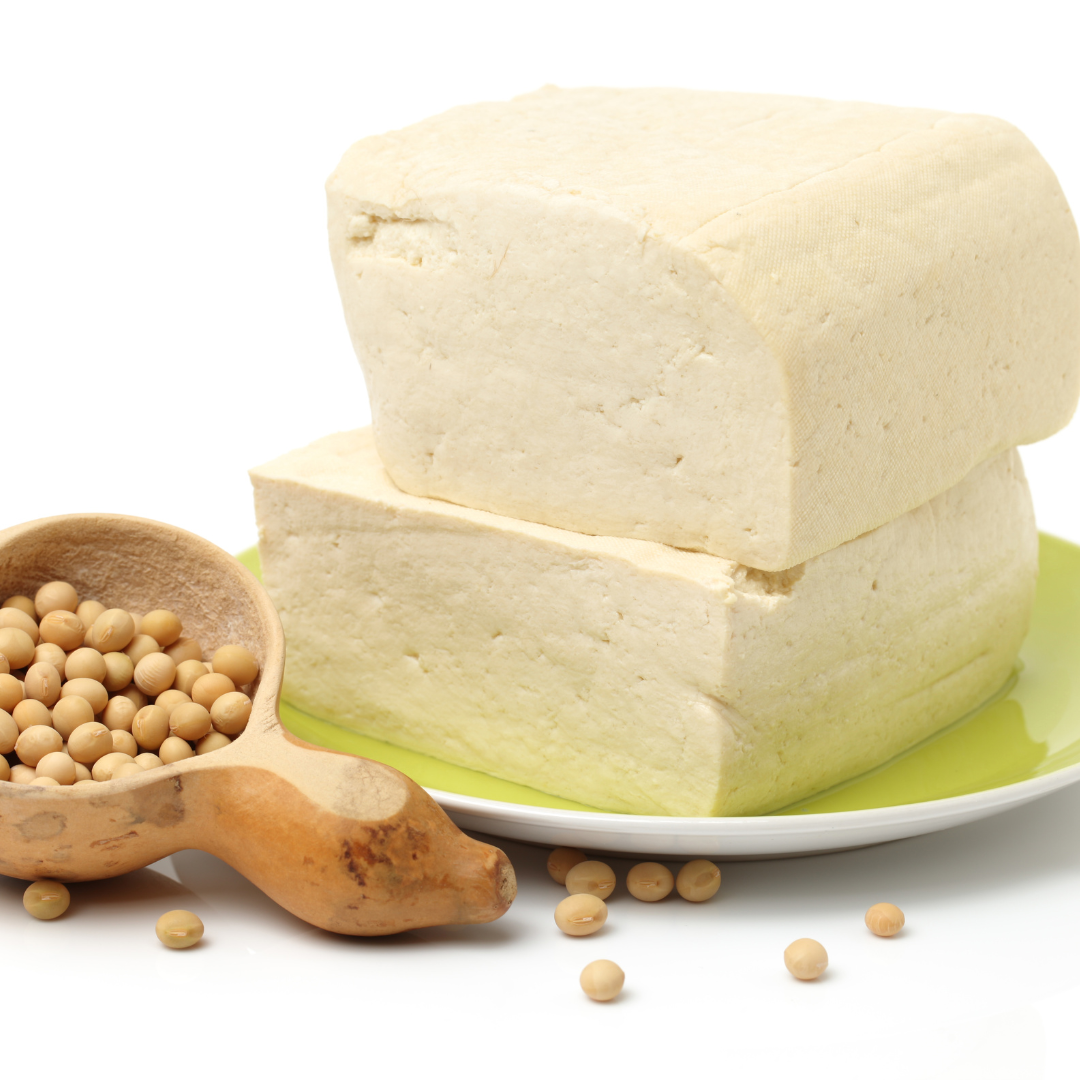9 Reasons Tofu Is A Superfood
Tofu, a cornerstone in a plant-based (vegetarian and vegan) diet which stands out as a healthful choice for various reasons:
Complete Protein: Tofu offers a great source of plant-based protein, vital for muscle maintenance, repair, and overall body function. Containing all nine essential amino acids, tofu is a complete protein, particularly beneficial for those adhering to plant-based diets. This ensures a comprehensive array of amino acids for diverse bodily functions.
Low in Saturated Fat: With low saturated fat levels, tofu serves as a heart-healthy substitute for certain animal-based proteins, potentially reducing the risk of cardiovascular diseases.
Rich in Unsaturated Fats: Tofu boasts heart-healthy unsaturated fats, including polyunsaturated and monounsaturated fats, contributing to overall cardiovascular well-being.
Source of Essential Nutrients: A nutrient powerhouse, tofu is rich in essential nutrients like iron, calcium, manganese, selenium, phosphorus, magnesium, copper, zinc, and vitamin B1. These nutrients play pivotal roles in bone health, energy production, and immune system support.
Contains Isoflavones: As a source of isoflavones, plant compounds with antioxidant properties, tofu may provide health benefits, including potential protection against certain chronic diseases.
May Help with Weight Management: Despite being low in calories, tofu’s high protein content can induce a sense of fullness, aiding weight management by promoting satiety.
Versatility in Cooking: Tofu’s incredible versatility allows for various preparations, making it suitable for a wide array of dishes. Its neutral flavor enables it to absorb the taste of accompanying ingredients, adapting seamlessly to diverse cuisines and recipes.
Cholesterol-Free: Being devoid of cholesterol, tofu contributes to heart health, as diets low in cholesterol are linked to a reduced risk of cardiovascular diseases.
Sustainable Plant-Based Protein: Tofu, as a plant-based protein source, demands fewer resources and exerts a lower environmental impact than certain animal-based proteins, aligning with sustainability goals.
Additional Terms:
Incorporating soy products into your daily diet, especially those rich in essential amino acids, may contribute to overall well-being. Recent studies even suggest potential benefits in reducing the risk of prostate cancer and maintaining healthy cholesterol levels. Soy milk, bean curd, and soy protein offer diverse options for incorporating soy into your diet.
Calcium sulfate, present in tofu, adds to its appeal as a nutrient-dense food. Beyond its grams of protein, tofu supports cardiovascular health, bone health, and the overall immune system. In the United States, where tofu is gaining popularity, its availability in grocery stores ensures accessibility for a broad audience.
Tofu’s potential to reduce the risk of heart disease is significant, especially for postmenopausal women following a plant-based diet. The American Heart Association recognizes the value of plant-based proteins in replacing animal protein sources. Including a serving of tofu in your daily diet can contribute to bone health and potentially mitigate the risk of bone loss.
The U.S. Food and Drug Administration acknowledges the role of fatty acids, like those found in tofu, in promoting heart health. Tofu’s production also requires less water compared to some animal-based protein sources, aligning with sustainability initiatives. Moreover, tofu may play a role in reducing cancer risk, as suggested by ongoing research.
Tofu’s versatility extends to various textures, from silken to extra-firm, catering to different culinary preferences. Its adaptability in different cuisines and recipes, absorbing flavors like soy sauce or lemon juice, makes it a versatile and nutritious addition to your daily meals.
While incorporating tofu into your diet is a great step toward overall health, it’s essential to acknowledge individual dietary needs. For those managing high blood pressure, tofu’s potential benefits make it an excellent addition to a heart-healthy diet.
The American Cancer Society recognizes the significance of a diet rich in plant-based foods, such as tofu, in overall health. Recent research continues to unveil the health benefits of tofu, making it a great addition to your daily meals.
The European Food Safety Authority acknowledges the importance of diverse plant-based foods in supporting brain function. Tofu’s contribution to polyunsaturated fats aligns with human studies suggesting positive effects on blood vessels and overall cardiovascular health.
Dr. Qi Sun, a prominent figure in nutritional research, emphasizes the importance of including whole soy foods in your diet for potential benefits in reducing the risk of coronary heart disease. In recent years, the shift toward plant-based foods has gained momentum, with tofu emerging as a staple in many diets.
Considering the potential role of tofu in insulin resistance and its daily nutrient contributions, incorporating it into your diet can be a key step in meeting your daily nutritional needs. Tofu’s solid block form, often made with magnesium chloride, underscores its adaptability in various culinary applications.
Soy-based products, including tofu, contain trypsin inhibitors that may have health implications. However, the overall consensus is positive, with organic tofu often preferred to mitigate potential risks.
While tofu’s role in reducing LDL cholesterol and maintaining blood sugar levels is noteworthy, soy-rich diets and soy supplements offer additional avenues for reaping its benefits. A serving of firm tofu, rich in protein, can be a nutritious addition to your daily diet, especially for those experiencing menopause symptoms.
In conclusion, tofu stands as a very nutritious food, with a wealth of health benefits supported by extensive research. Its versatility, sustainability, and contribution to overall health make it a valuable addition to a diverse and well-rounded daily diet. As with any dietary considerations, consulting with healthcare professionals or registered dietitians is advisable for personalized guidance, ensuring optimal health and well-being.

